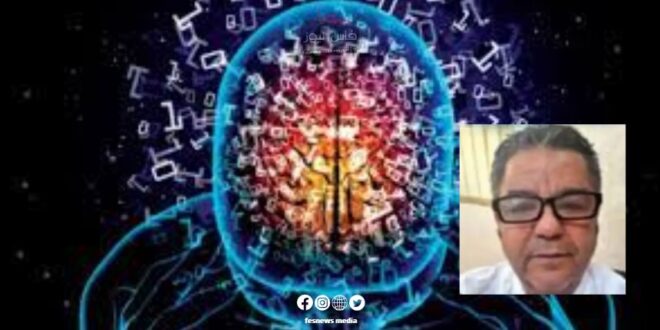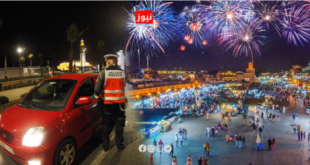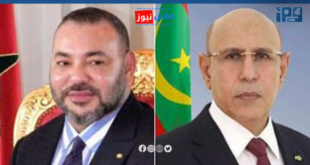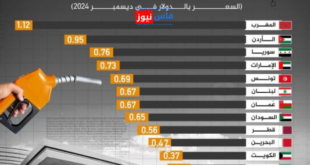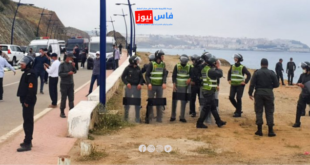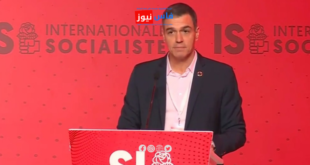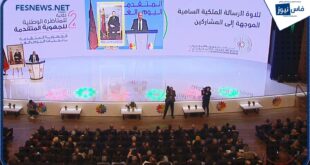In a distinctive article published in “Bayt Al-Arab” magazine, political anthropology researcher Mustafa Al-Harthi explored the complex relationship between mind, movement, and idea in his article titled “The Mind: Movement and Idea”. Al-Harthi delves deeply into the dynamic interaction between these three elements, questioning which comes first: Does the mind lead movement, or does the idea precede action? And how does the human interact with time and society variables in light of this relationship?
Al-Harthi bases his proposition on a series of historical and philosophical examples, highlighting how the mind does not work in isolation from idea or movement. Rather, it is the product of a continuous mutual interaction between them, leading to the formation of ideas and achievement of goals. The writer argues that the human mind is what connects movement and idea, and without them, it loses its ability to create and evolve.
The article also reviews how the development of societies is linked to the extent of their individuals’ ability to achieve balance between mind and idea. Societal progress and development are only achieved through this positive interaction that allows for the development of ideas and their implementation in reality. Al-Harthi emphasizes that societies that fail to achieve this balance remain incapable of facing future challenges.
The writer also highlights the importance of the mind in guiding human behavior, indicating that thought must be linked to action to ensure the achievement of desired goals. He raises questions about the role of the mind in reshaping ethics and behavior in light of modern technological and social developments, stressing that ethics, despite being slow to change, are ultimately subject to the same dynamic laws that govern movement and idea.
The article concludes that the mind is the primary driver of change, but this change can only occur when the mind is linked to conscious and studied movement and idea. Al-Harthi considers this interaction to be what enables societies to transform and grow, affirming that human thought must always be in a state of movement and renewal to ensure the survival and progress of societies.
This article, with its deep content and precise analysis, is an invitation to reflect and reconsider how we deal with thought, movement, and mind, and how we can use these tools to achieve real and sustainable societal development.
*It should be noted that the original article was published in “Bayt Al-Arab” magazine and written by political anthropology researcher, Mustafa Al-Harthi.
Source: Fez News website
 فاس نيوز ميديا جريدة الكترونية جهوية تعنى بشؤون و أخبار جهة فاس مكناس – متجددة على مدار الساعة
فاس نيوز ميديا جريدة الكترونية جهوية تعنى بشؤون و أخبار جهة فاس مكناس – متجددة على مدار الساعة

